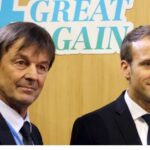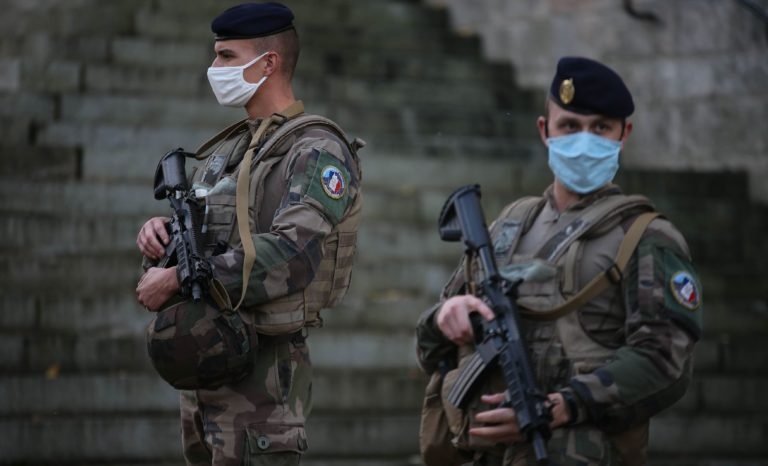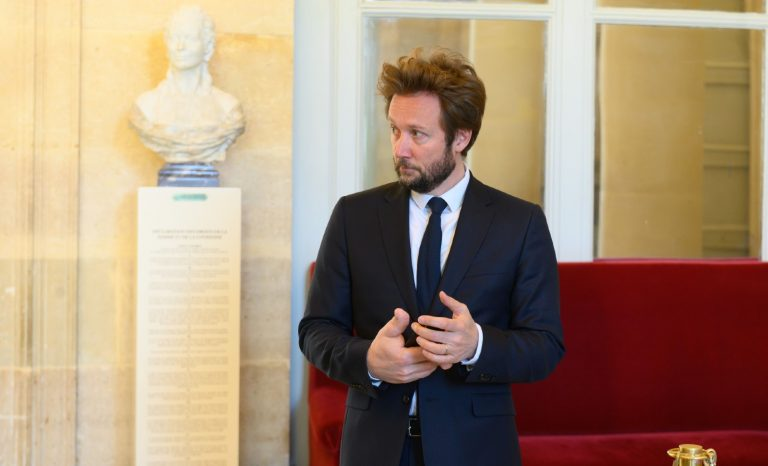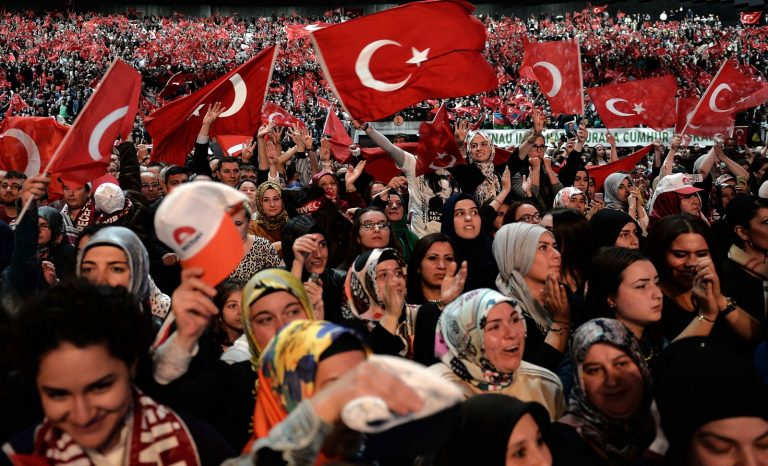Nigeria: 77 Percent of Oil Spills in Nigeria Occurred in Only Three States

About 43,000 barrels of oil were lost in 881 cases of oil spillage in Nigeria from 2019 to May 1 this year, data from NOSDRA shows.
Between January 2019 and April 2021, 12 states in Nigeria recorded 881 cases of oil spillage, according to data obtained from NOSDRA, a government-run satellite tracker.




